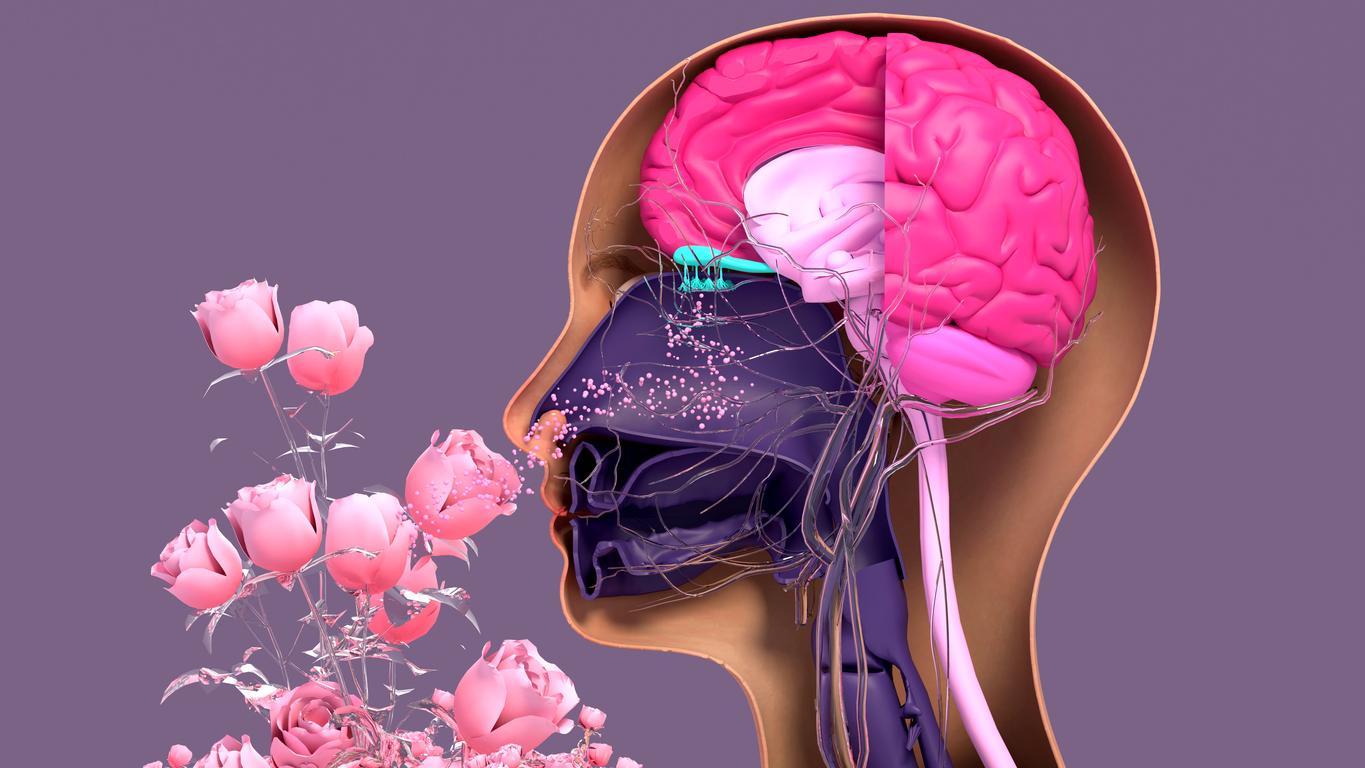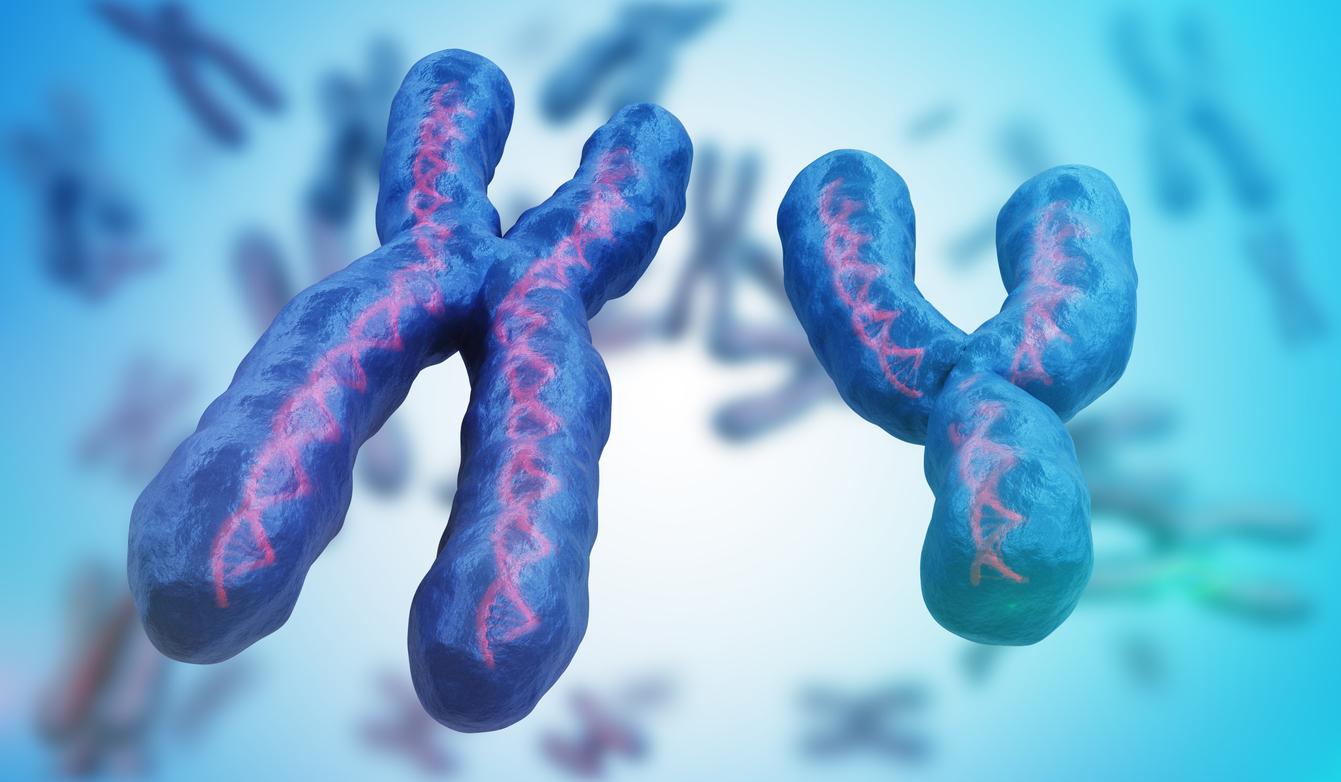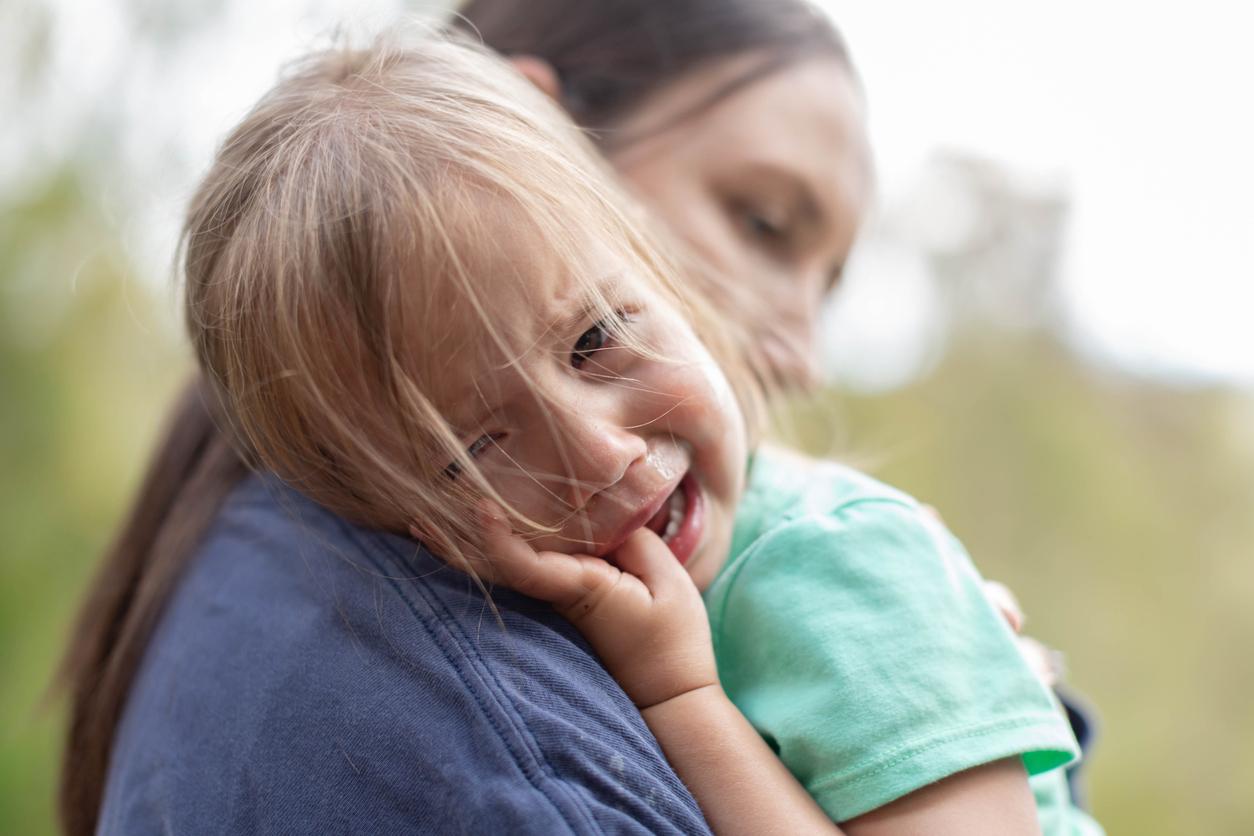People spend more time smelling the pleasant smell of flowers than the foul smell of rotting fish, but tests that were carried out on 36 children in the journal Current Biology show that this difference is not found in children with autism. .
The children participated in a 10-minute experiment in a trial at the Weizmann Institute of Science in Israel. A red tube carried pleasant and unpleasant odors to the children’s noses while another green tube recorded changes in their breathing rate.
Doctoral student Liron Rozenkrantz explained to the BBC that normally children change the depth of their inspiration depending on the smell they smell. But in this experiment, “children with autism did not show this variation. They all took the same time to re-thread the perfume of the shampoo as for the smell of rotten fish”. She added that these sightings were “astonishing and surprising”.
The researchers also showed that those with more severe autism symptoms spent more time inhaling unpleasant odors.
This test can be used for screening from an early age because children do not need to know how to express themselves to perform it.
But, for Professor Rozenkrantz, it is necessary to know from what age the child is sensitive to variations in odors before using this test.
The researchers concluded that smells play a role in social interaction and that this could explain the link to autism, a condition that affects one in 160 children worldwide.


















